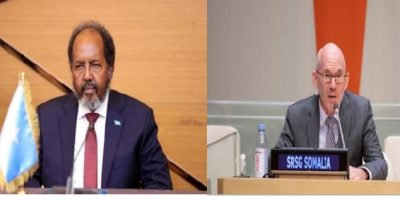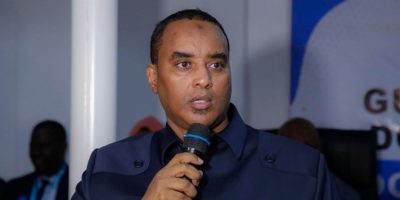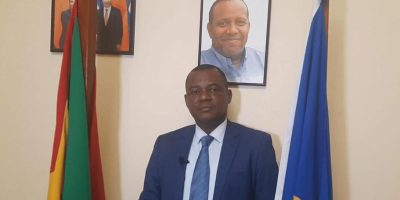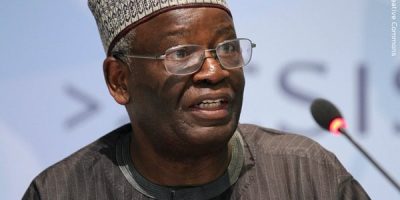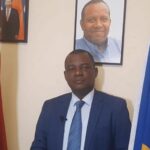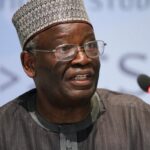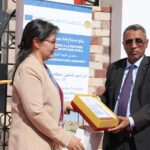By Mohamed Fatah
The recent statement from the United Nations Transition Mission in Somalia (UNTMIS) calling for “de-escalation” in the ongoing dispute between Somalia’s Federal Government (FGS) and Jubaland State exposes a deeper issue: the growing bias of the UN and its international partners toward President Hassan Sheikh Mohamud and Mogadishu’s central authority.
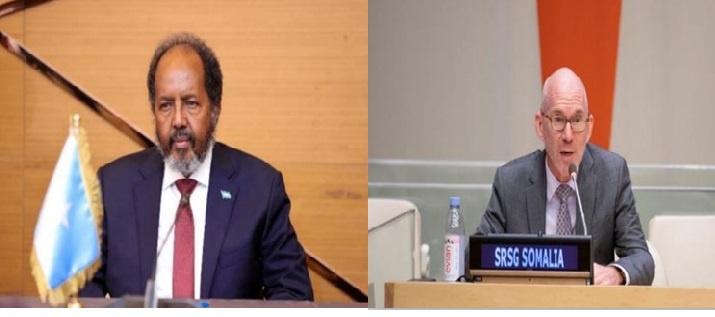
This troubling alignment not only threatens the foundation of Somalia’s federalism but also perpetuates political instability. The UN and its international partners must recalibrate their roles and missions to restore neutrality, credibility, and genuine partnership with the Somali people.
A Legacy of Failure by the UN and Its Partners
The UN, working alongside its international partners, has presided over some of Somalia’s most divisive and destabilizing periods, consistently failing to support the principles of federalism that are enshrined in the country’s provisional constitution. The UN, through its leadership of UNTMIS, has enabled Mogadishu’s centralization of power, while donor countries such as the U.S., EU, and regional powers like Türkiye have financed and politically supported initiatives that marginalize Federal Member States (FMS). This collective alignment with President Hassan Sheikh Mohamud’s administration undermines Somalia’s constitutional framework.
For example, the UN and its partners failed to address Mogadishu’s unilateral decision to amend the provisional constitution and electoral laws earlier this year—an act widely seen as illegal, undemocratic, and unconstitutional, designed to marginalize FMSs and opposition. Similarly, when Jubaland and Puntland repeatedly raised concerns over illegal changes to the provisional constitution, the UN and its partners downplayed their grievances, framing them as obstacles to national unity rather than legitimate stakeholders in Somalia’s federal project.
This is not neutrality; it is complicity. By failing to confront President Mohamud’s authoritarian tendencies, the UN and its partners have emboldened him to consolidate power while trampling on the very framework of Somalia’s constitution and federalism.
This collective failure undermines not only the country’s political system but also the credibility, role, and mission of these global actors as trusted partners to the Somali people.
A Distorted Narrative to Protect Self-Interests
The UN and its international partners have increasingly portrayed a distorted narrative of progress in Somalia. They paint a rosy picture of “inclusive elections” and “state-building” while remaining silent on blatant violations and President Mohamud’s authoritarian tendencies. This carefully curated narrative serves a self-preserving purpose: safeguarding the multi-billion-dollar investments made by the UN and its partners in Somalia.
For instance, Puntland, Jubaland, and Khatumo have repeatedly raised concerns about exclusion from key decision-making forums like the National Consultative Council (NCC). Instead of addressing these grievances, the UN and its partners framed dissenting FMS leaders as obstructive, further alienating key stakeholders.
Financially, the combined operations of the UN and its partners in Somalia are estimated to cost more than $1 – 1.4 billion per year, yet tangible progress remains elusive. A significant portion of these funds supports state-building initiatives that have failed to deliver measurable outcomes. For example:
- International partners have funded programs that disproportionately favor Mogadishu’s government, sidelining FMS voices.
- Donor-driven projects often lack accountability, with corruption allegations undermining their impact on ordinary Somali citizens.
By avoiding direct confrontation with President Mohamud, the UN and its partners ensure their funding pipelines remain intact. Programs under the guise of ‘peacebuilding’ and ‘capacity-building’ prioritize appeasing Mogadishu’s central government, securing donor contributions while neglecting genuine reconciliation. The Somali people, meanwhile, see little benefit from these operations. Instead of addressing the core challenges—corruption, regional marginalization, and constitutional overreach—the UN and its partners appear more invested in projecting an image of progress to donors. This comes at a high cost: the erosion of Somalia’s federal structure and the trust of its people.
Read more: Somalia’s Federalism Under Siege: The UN and Its International Partners’ Complicity
Mohamed Fatah
Email: [email protected]
———–
Mr. Mohamed Fatah is a seasoned executive with over 20 years of leadership experience in global affairs, government relations, and regulatory compliance
We welcome the submission of all articles for possible publication on WardheerNews.com. WardheerNews will only consider articles sent exclusively. Please email your article today . Opinions expressed in this article are those of the author and do not necessarily reflect the views of WardheerNews.
WardheerNew’s tolerance platform is engaging with diversity of opinion, political ideology and self-expression. Tolerance is a necessary ingredient for creativity and civility.Tolerance fuels tenacity and audacity.
WardheerNews waxay tixgelin gaara siinaysaa maqaaladaha sida gaarka ah loogu soo diro ee aan lagu daabicin goobo kale. Maqaalkani wuxuu ka turjumayaa aragtida Qoraaga loomana fasiran karo tan WardheerNews.
Copyright © 2024 WardheerNews, All rights reserved


